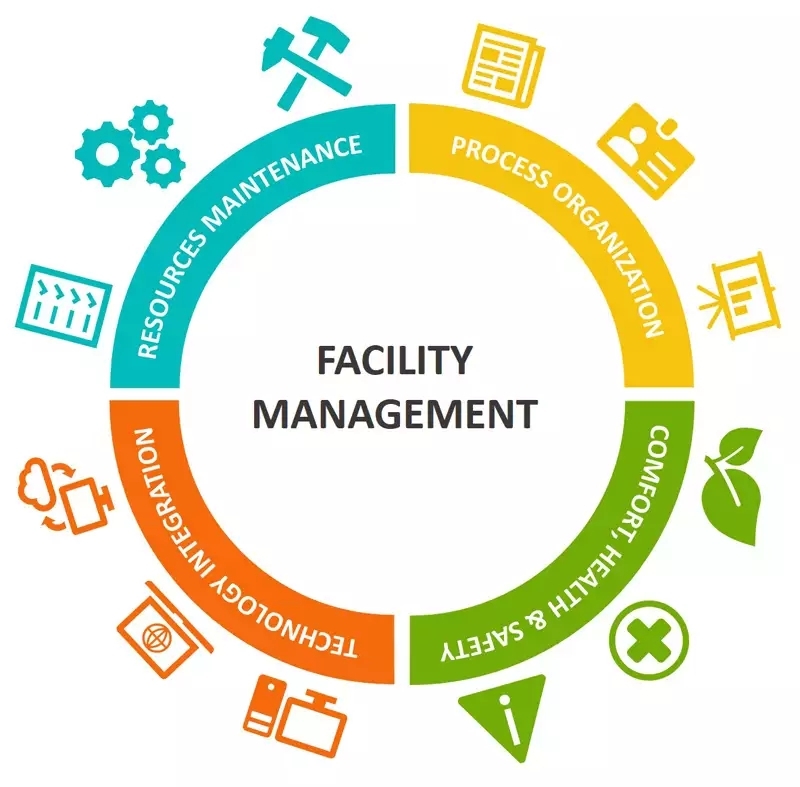Understanding Facility Management
Facility management (FM) plays a crucial role in ensuring the efficiency, safety, and sustainability of buildings and workplaces. It involves a broad range of services, including maintenance, security, space management, and asset tracking. FM integrates technology and best practices to create an optimal work environment, improving operational efficiency and employee productivity. As organizations grow, the need for structured facility management becomes even more critical in reducing downtime and optimizing resources.
Key Functions of Facility Management
Facility management encompasses various functions, such as maintenance services, energy management, safety compliance, and space utilization. It ensures that all building systems, including HVAC, lighting, and plumbing, function efficiently. Additionally, FM plays a crucial role in sustainability by implementing energy-saving solutions and reducing environmental impact. By managing assets effectively, businesses can enhance productivity while lowering operational costs.
The Role of Technology in Facility Management
The adoption of smart technologies has transformed the facility management industry. IoT-enabled sensors, AI-driven predictive maintenance, and automated workflows help in proactive asset management. Digital facility management software streamlines operations by providing real-time data on equipment performance and space utilization. These advancements enhance efficiency, reduce downtime, and contribute to cost savings.
Benefits of Facility Management for Businesses
Effective facility management provides businesses with numerous benefits, including improved safety, reduced operational costs, and enhanced workplace efficiency. By maintaining assets properly, organizations can prevent unexpected breakdowns and ensure compliance with health and safety regulations. Additionally, FM optimizes space usage, leading to a better working environment and higher employee satisfaction.
Trends Driving the Facility Management Market
The facility management industry is evolving with trends such as sustainability initiatives, smart building technology, and integrated facility services. Businesses are increasingly adopting green building solutions to minimize energy consumption and carbon footprint. The rise of hybrid work models has also led to the need for flexible workspace management. Additionally, outsourcing facility management services is gaining popularity due to cost efficiency and specialized expertise.
Challenges in Facility Management
Despite its advantages, facility management faces challenges such as high operational costs, regulatory compliance, and aging infrastructure. Managing multiple service providers and ensuring seamless integration of facility services can be complex. Additionally, cybersecurity concerns arise with the increased use of digital facility management systems. Addressing these challenges requires strategic planning, investment in advanced technologies, and skilled facility managers.
The Future of Facility Management
The future of facility management is driven by innovation, sustainability, and data-driven decision-making. As businesses strive for efficiency, AI, automation, and smart building solutions will play a key role in facility operations. The demand for environmentally friendly practices and flexible workspace solutions will continue to shape the industry. Companies that embrace modern facility management strategies will gain a competitive edge by optimizing operations and enhancing workplace experiences.
Read More - https://www.marketresearchfuture.com/reports/facility-management-market-2274
Conclusion
Facility management is essential for the seamless operation of businesses, ensuring efficiency, cost savings, and sustainability. With the integration of technology and best practices, organizations can enhance their facility operations and create a productive work environment. As trends continue to evolve, investing in robust facility management solutions will be key to long-term success.


